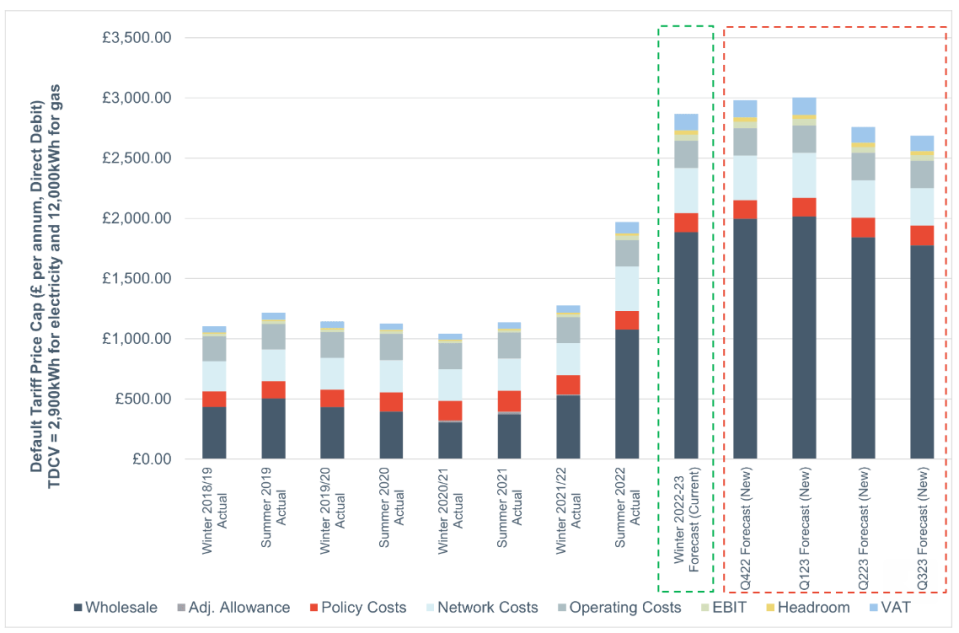Businesses exposed to deepening energy crisis warns Cornwall Insight

The “cost of living crisis” could escalate to a “cost of doing business” crisis this winter, warned energy specialist Cornwall Insight, as companies struggle to absorb rising wholesale costs.
Cornwall Insight’s principal consultant Dr Craig Lowrey argued that businesses were highly exposed to continued market volatility.
Unlike households, businesses are not provided with the protection of the consumer price cap and have to agree long-term contracts with suppliers.
They have also not been included in the £15bn package of support for households – which could offer the vulnerable energy users up £1,200 per year in savings.
These costs may have to be passed on to customers by increase prices, and could even hit the commercial aspirations of businesses – with the prospect of downsizing a viable possibility, which will hamper the UK’s growth aspirations following the pandemic.
He said: “It is clear that businesses are struggling with the impacts of rising energy costs with consequences for employment and the economy, not to mention the prospect of rising costs for customers. We are already seeing companies closing sites due to higher energy bills, and there is a risk that a “cost of living” crisis could quickly expand to a “cost of doing business” crisis, particularly for energy intensive customers.”
Dr Lowrey called called for more focus on energy efficiency to reduce demand this winter and ease spiralling prices for both households and businesses.
The UK’s building stock – including both houses and businesses – is among the least efficient and oldest in Europe, making further insulation increasingly vital to taming energy bills
He explained: “Fresh measures to improve energy efficiency and better manage consumption are a viable approach and will directly reduce customers’ bills.. A similar approach could be applied for business customers but there is always the option of additional financial support or other measures to support investment to underpin new efficiency measures.

The latest forecast from Cornwall Insight predicts the price cap will rise to over £3,000 per year in January – when consumption is at its peak in the coldest month of the year.
This would mean household bills would have increased over 250 per cent in less than a year.
In such dire circumstances, Lowrey understood the Government’s embrace of fossil fuels to ensure supplies are secure this winter.
The Government has reached an agreement to extend the life of a coal-fired power plant in Lincolnshire, and has also commissioned a geological survey into fracking – with the results expected soon.
He concluded: “In the short-term, we are – perhaps unsurprisingly – seeing a focus on securing alternative sources of supply for existing assets, as well as measures including extending the life of power plants that had been scheduled for closure. Longer-term, the measures in the government’s net zero strategy are aimed at providing a diverse, low carbon energy system, but recent events have shown the need for flexibility and adaptability in any such situation.”